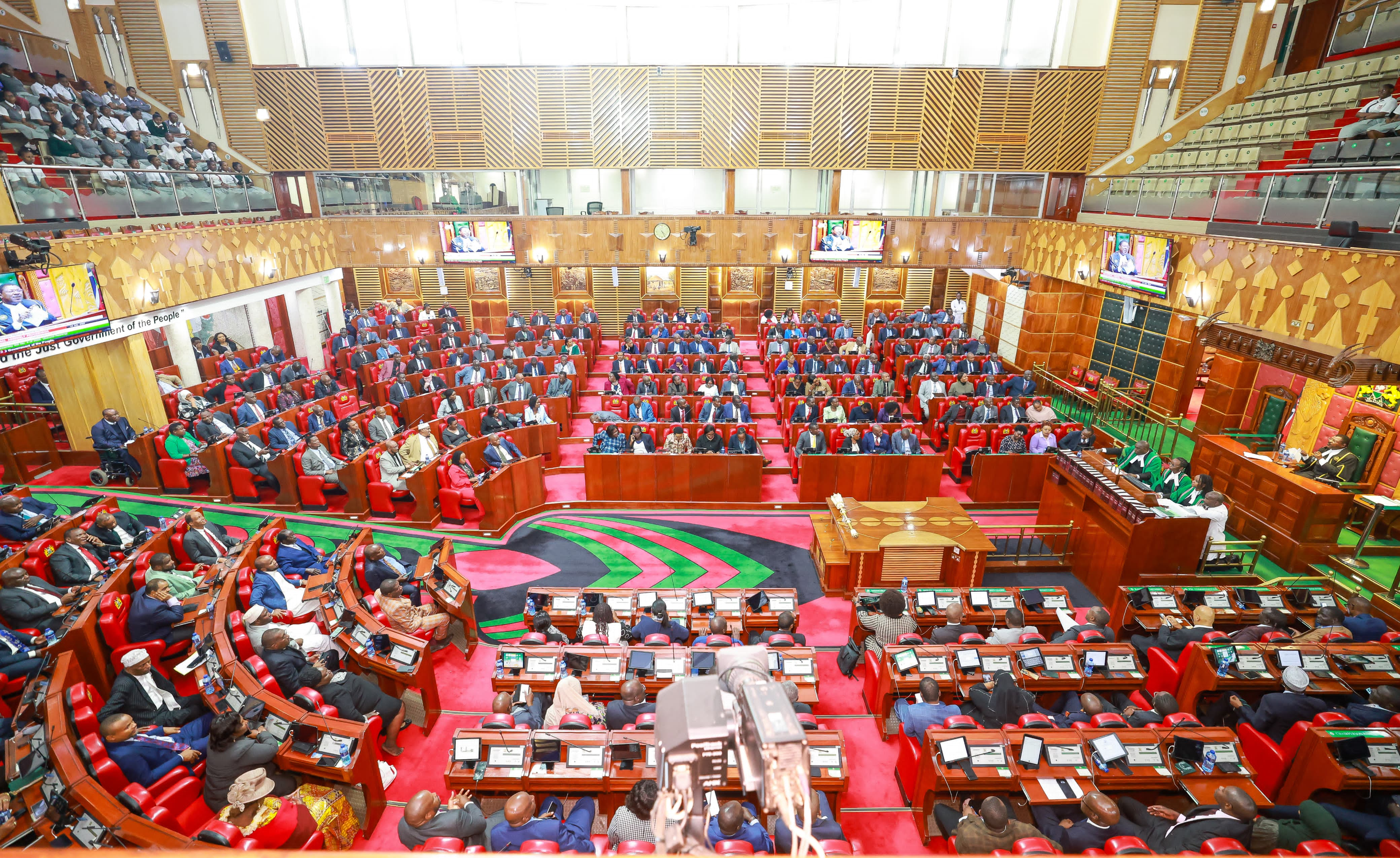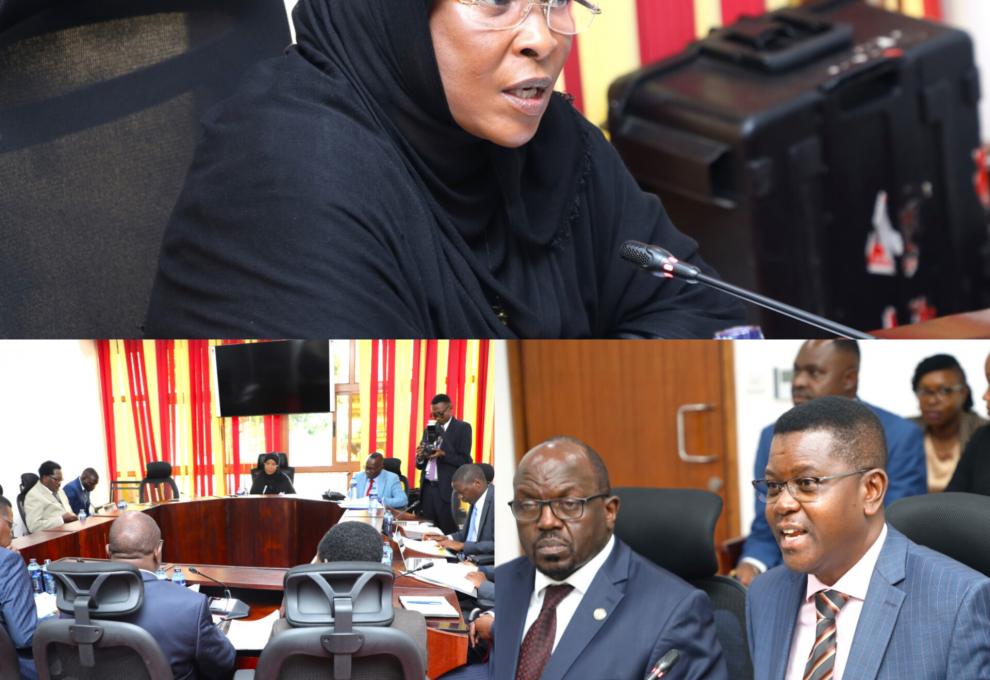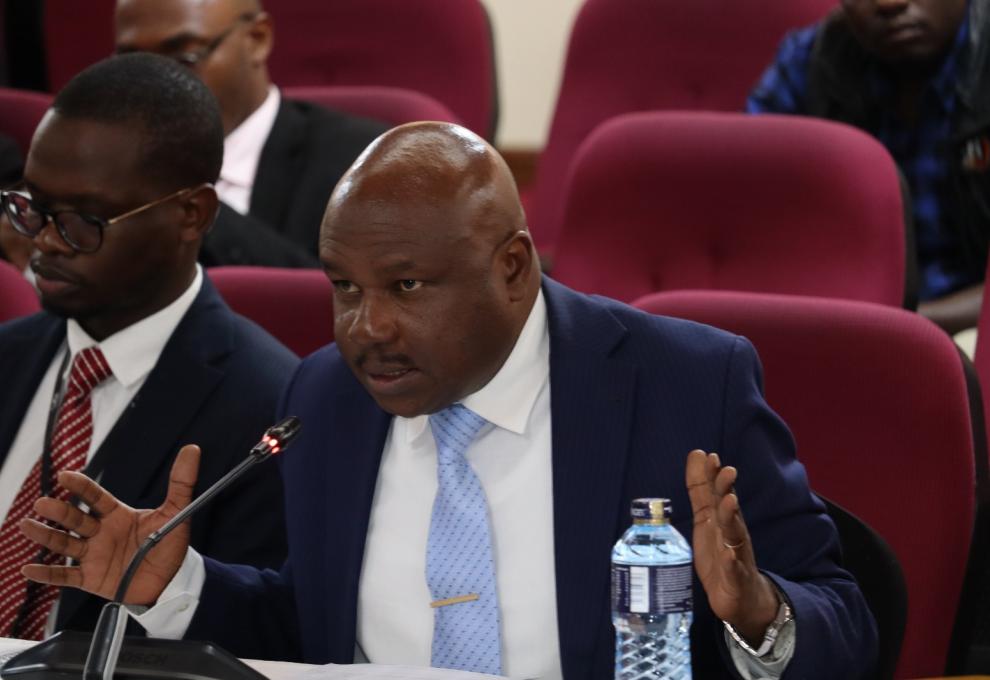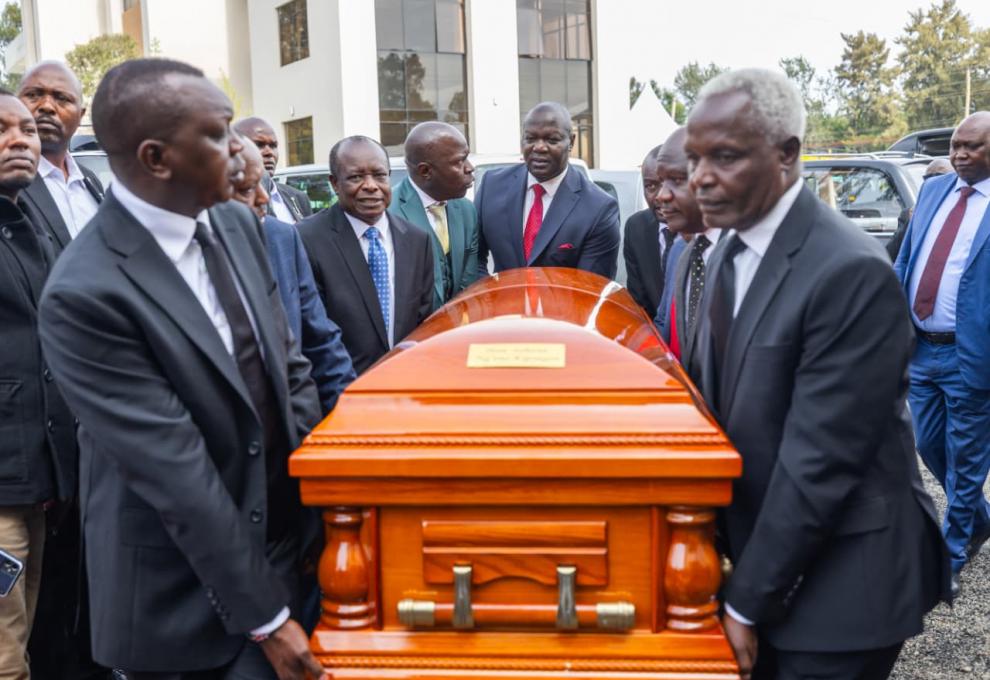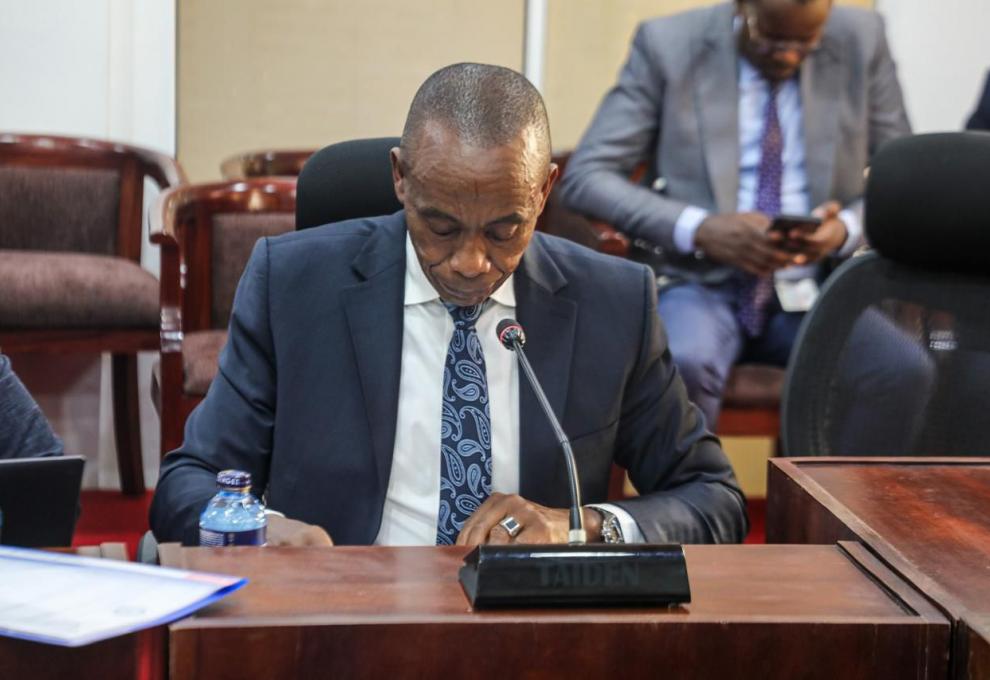𝐏𝐄𝐍𝐒𝐈𝐎𝐍𝐒 (𝐀𝐌𝐄𝐍𝐃𝐌𝐄𝐍𝐓) 𝐁𝐈𝐋𝐋 𝐑𝐄𝐅𝐅𝐄𝐑𝐄𝐃 𝐁𝐀𝐂𝐊 𝐓𝐎 𝐍𝐀𝐓𝐈𝐎𝐍𝐀𝐋 𝐀𝐒𝐒𝐄𝐌𝐁𝐋𝐘 𝐅𝐎𝐑 𝐑𝐄𝐂𝐎𝐍𝐒𝐈𝐃𝐄𝐑𝐀𝐓𝐈𝐎𝐍
Speaker of the National Assembly, Hon. Moses Wetang’ula, has conveyed a message from H.E President William Ruto referring the Pensions (Amendment) Bill (National Assembly Bill No. 44 of 2022) back to the House for reconsideration in line with Article 115 of the Constitution.
The Bill, which was sponsored by Hon. Didmus Barasa (Kimilili), seeks to amend the Pensions Act (Cap 189) to provide statutory timelines within which pension should be paid to a retired officer. It was passed by the National Assembly on 7th August 2022 and presented to the President for assent.
In his memorandum, the President expressed reservations on Clauses 2 and 3 of the Bill, noting that the provisions may lead to inconsistencies with existing laws and create ambiguities in the administration of pensions.
On Clause 2, the President observed that the proposal to grant the Cabinet Secretary for Finance powers to make regulations on pensions would conflict with Section 3(2) of the Pensions Act, which vests such powers in the President.
“Granting the Cabinet Secretary such powers creates a conflict in law that may lead to challenges in the implementation of the regulations,” the memorandum stated.
Clause 3, which sought to provide clarity on when pension becomes due, was flagged for its lack of precision. The President pointed out that it does not specify whether the due date should be the date of retirement or the date of application for pension payment.
“Such ambiguity risks undermining the legal certainty required for the timely and orderly processing of pension claims,” read part of the President’s message.
Further, the President underscored that the intended objectives of the Bill could be achieved administratively through ongoing reforms, including the recent automation of pension processing systems that have significantly reduced delays.
“The Bill does not take cognisance of the recent digital reforms that have shortened the pension processing timelines and improved service delivery to retirees,” he noted.
Speaker Wetang’ula directed that the President’s memorandum be committed to the Departmental Committee on Finance and National Planning for consideration.
“The Committee is required to examine the President’s reservations and report back to the House within 21 days to facilitate timely decision-making by the House,” said the Speaker.
The Committee is now expected to engage relevant stakeholders before tabling its report, paving the way for the House to vote either to accommodate the President’s reservations or reject them by a two-thirds majority, in accordance with the law.



